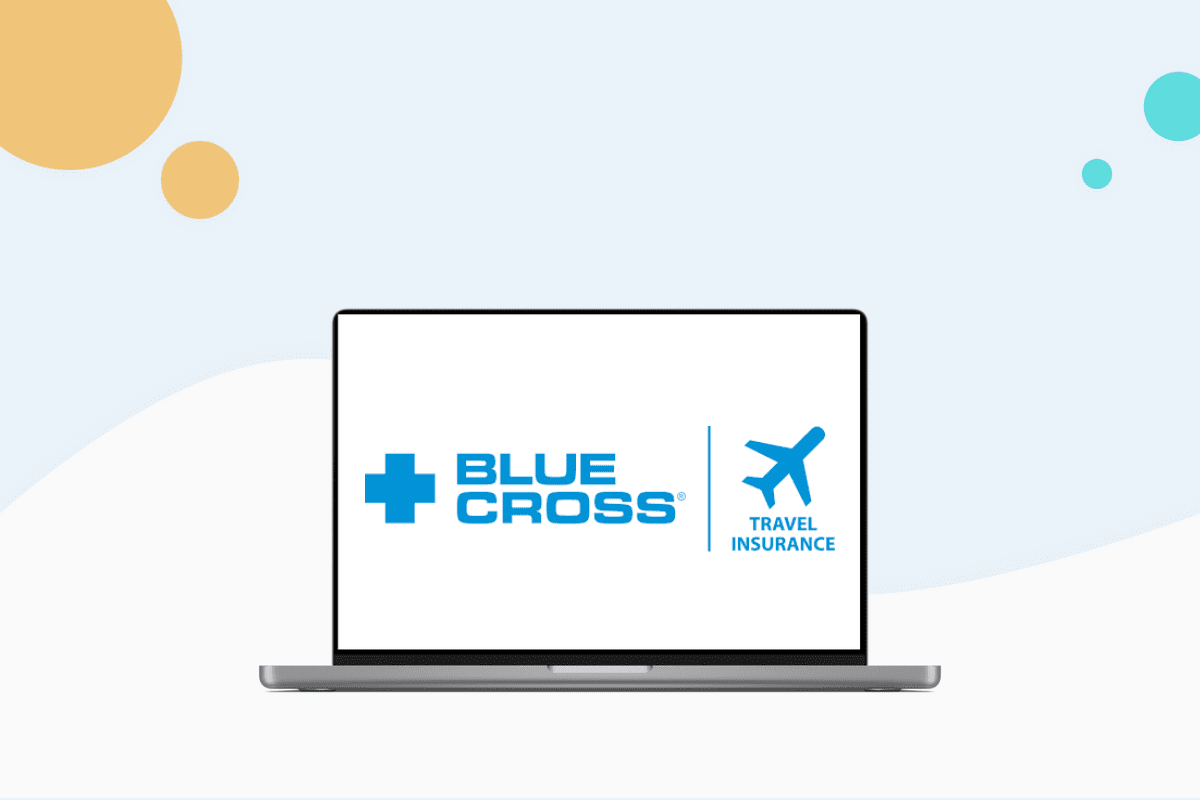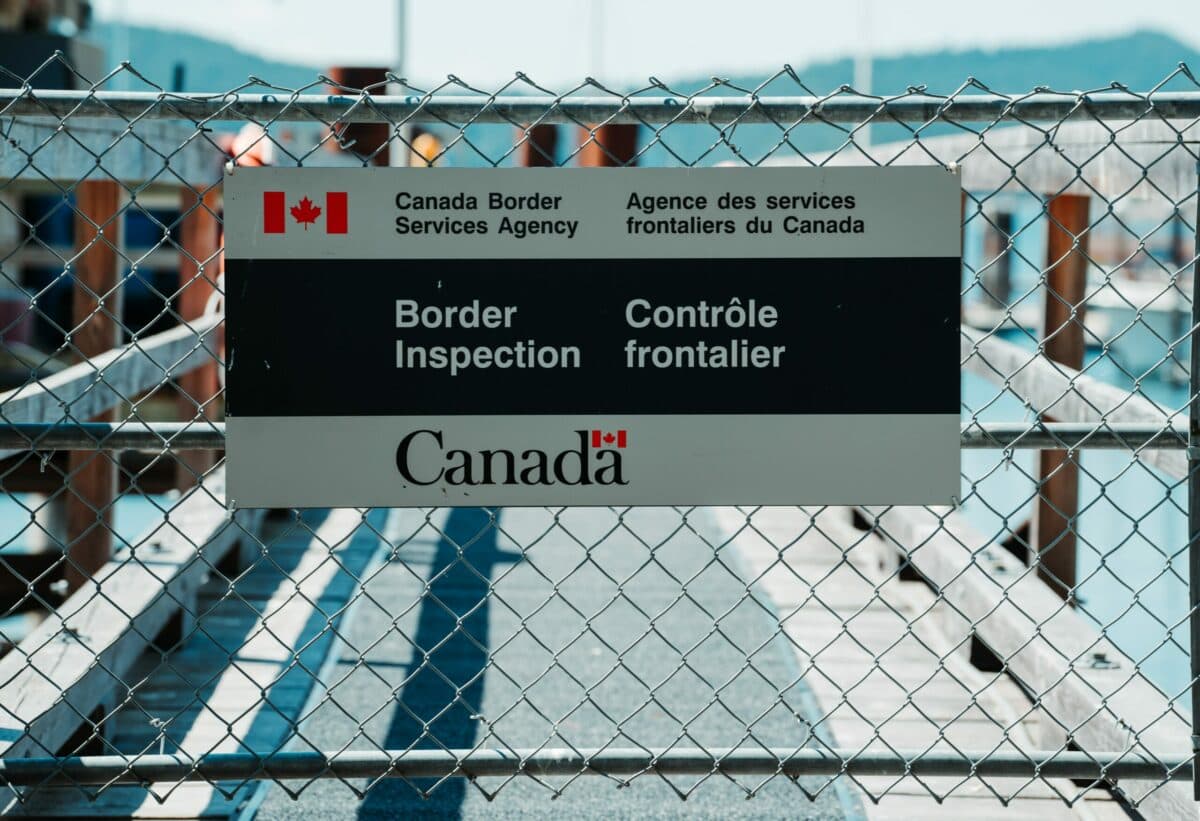Compare Travel Insurance Policies in Canada
Compare Canadian travel insurance policies and find the one that best suits your needs.

Get a travel insurance quote in just a few minutes
Get a travel insurance quote in just a few minutes Compare prices How to shop for your next travel insurance policy with Hardbacon
Comparing prices from multiple providers before choosing a travel insurance policy usually lets you save a lot of money, which you can save or spend on your vacation. Here are the 4 steps to follow.
Describe your trip
The first step is to click on “Compare Prices” on this page, select “Traveller Leasure”, your province of residence, then enter your dates of stay abroad.
Tell us more about you
The second step is to enter your date of birth and the dates of birth of other travelers you wish to insure and you will then see several travel insurance policies and their respective prices.
Select a travel insurance policy
Choose the travel insurance policy that’s right for you by comparing coverage and prices.
Complete your purchase online
Once you’ve chosen the travel insurance policy that’s right for you, you’ll need to answer a few more questions and pay online to complete your transaction.
Some tips to save money on your next Canadian travel insurance policy
Make certain that you are not already covered
The best way to save money on your next travel insurance policy is to not buy one because you are already covered. You might already be sufficiently covered though your work or with your credit card. Before doing anything, make certain that you know the amount of coverage and the terms and conditions of any coverage that you already have.
If you travel a lot, choose an annual travel insurance plan
If you travel more than twice a year, it might be beneficial for you to get an annual travel insurance policy that covers you for 12 months. Not only will you benefit from coverage but it will save you the hassle of shopping for insurance throughout the year.
Buy insurance before your birthday
Age is an important factor in determining the price of your travel insurance; the older you are, the more your policy will cost. buying your travel insurance policy a few weeks or a few months before your birthday can save you some money.
Ask for a rebate from your exisitng insurer
Many insurance providers offer rebates to clients who combine different insurance products under one roof. Before you take out a travel insurance policy, check with your current insurance broker or your insurance company to see if you are eligible for a rebate if you take out the policy with them.

Find out more about travel insurance

Travel

Blue Cross Travel Insurance Review 2022
Purchasing travel insurance ensures that you have a stress-free holiday, and many travellers turn to Blue Cross travel insurance when shopping around for policies. The Canadian Association of Blue Cross Plans, or Blue Cross Canada, is one of the world’s largest and most recognized insurance companies. Founded in 1938, it has been around for a […]

Travel

Travel Insurance for Canadian Seniors: How to Stay Protected on Your Next Adventure
Going to new places is an adventure, but we can have mishaps. A backup plan, like travel insurance, can be worth its weight in gold. If you’re a Canadian senior, check any insurances you have before you leave on vacation. Once you do this, you’ll know if you need additional travel insurance. Understanding what travel insurance […]

Airports

Benefits of the NEXUS Card and How to Get One for Free
The NEXUS card can be used to cross the border between US and Canada by Canadian citizens who have been pre-screened and considered low-risk individuals. You can benefit from expedited processing through dedicated lanes at the airport, land borders, or marine reporting locations when you have a NEXUS membership card. If you go back and […]
Frequently asked questions about travel insurance
Can you cancel travel insurance once you've bought it?
In Canada, you have up to 15 days after purchasing your policy to cancel your insurance, but you cannot cancel once the trip has started.
Is it worth it to buy travel insurance if your credit card already covers you for travel?
Do you have to have travel medical insurance to travel in Canada?
Can you buy travel insurance once you're started your trip?
Will medicare reimburse me for medical costs incurred outside of the country if I don't have travel insurance?
Why should I buy trip cancellation insurance?
Does travel insurance cover theft?
How much travel medical insurance do I need?
Do you need travel insurance to go to Europe?
Does travel insurance cover canceled hotel reservations and flight changes?
Get the best price on
travel insurance

